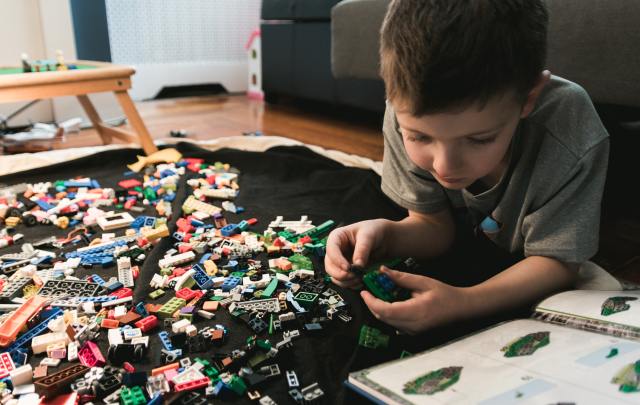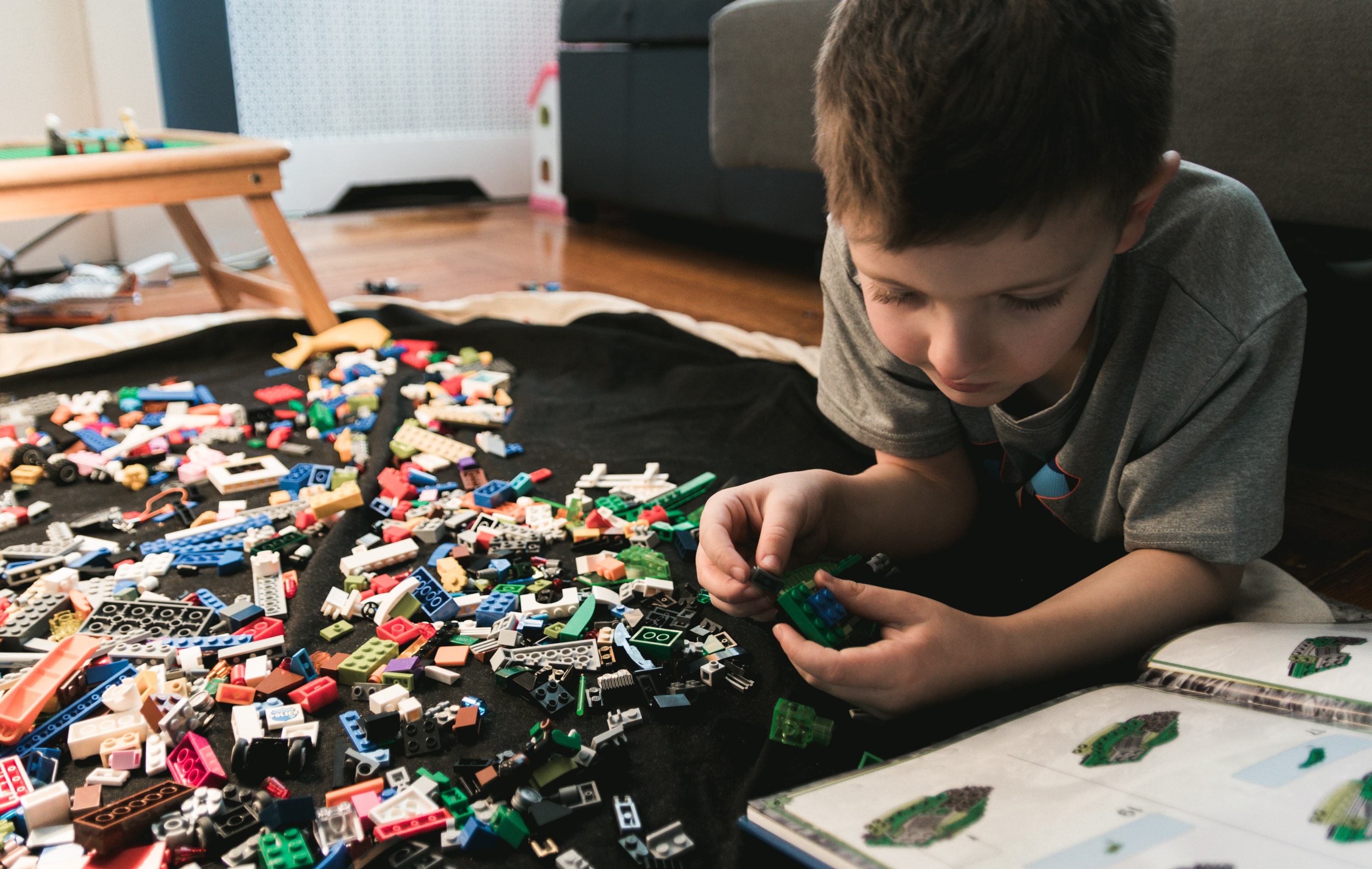
Books are my spirit animal. Well, maybe dragonflies, but anything bound and full of inspiration and insight runs a close second in stirring my soul. While many of us in the book lover club have read hundreds upon hundreds of amazing works, we usually sink our heart into a few favorites.
One of my all-time cherished books, which I recommend to anyone willing to listen, is The Four Agreements, by Don Miguel Ruiz. This little gem is only 138 pages, but every word awakens the spirit and makes you think. You come to a certain knowing with each agreement listed, nodding your head in affirmation of a spoken truth.
Don Miguel Ruiz shares how making only four agreements with yourself and the universe can unfold and unfurl the bound-up version of self and lead you back to your authentic identity and purpose. Doing so awards you the freedom to live from a place of wholeness.
Regardless of your worldview or spiritual beliefs/non-belief, these four agreements make sense because they’re universal truths any of us can and want to live out. No matter who I recommend this book to, no matter what they believe beyond the here and now, the wisdom shared within The Four Agreements resonates.
1. Be impeccable with your word.
All we need do is look at Twitter for 30 seconds to realize how often this agreement finds rejection. Words matter. They can cause irreparable damage and instill lasting hope. This world is in dire need of the latter.
2. Don’t take things personally.
Who doesn’t do this? And how is it working out for us? The rampant “everything is about me” mentality is causing widespread disconnect and detachment.
3. Don’t make assumptions.
We live in a world that functions on assumption more than fact. Headlines and gossip have become the basis for judgment. In large part because communication, which requires listening, discerning, studying, has become a lost art.
4. Do your best.
Every human can start doing this right now. Doing our best is enough, even if some days our finest hour is a complete mess or failure. Doing our best includes accepting and forgiving ourselves and others for collective weaknesses and faults.
As common sense as these agreements sound, we’ve all fallen into the trap of living outside their boundaries. The human thing, ego thing, illusion thing, is hard. But continued resistance to these positive commitments means more misery, suffering and dysfunction will exist. The good news is, a mindful decision to enter into these agreements—the best we can—will change the world around us. Instantly.
Consider just one example: if you decide not to take your coworkers comment personally today, then your time home with the family after work will be pleasant and enjoyable. This in turn makes for a stress-free evening for your spouse and kids. The lack of tension helps everyone have a good night’s rest. And, come morning, each person in your family starts a new day feeling refreshed, joyful and ready to face the world.
In this scenario, agreeing to not take things personally in one single instance affects the entirety of your experience going forward, including all the people in your sphere of influence. One agreement by one individual in one moment of time has the power to change countless lives via the ripple effect.
The four agreements Don Miguel Ruiz challenges us to embody are powerful, important, healing. My commitment to practicing them has changed my life, my family, the people around me.
Although I’m just one person making a small difference in a limited space, together we can make a significant difference in an ever-expanding space. Humanity deserves the healing.






















